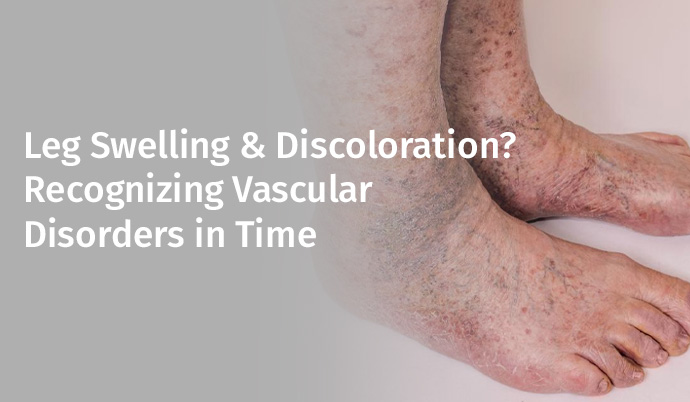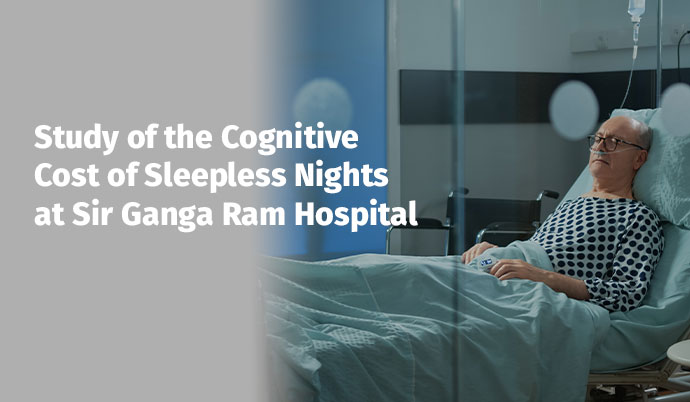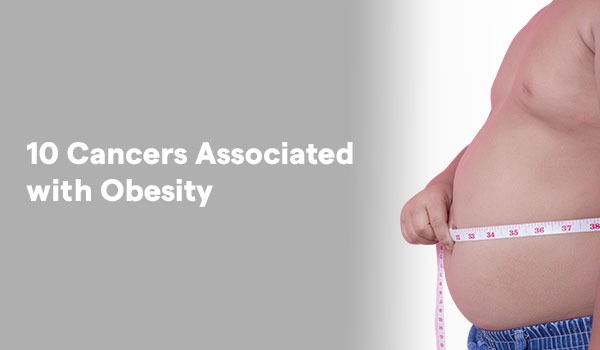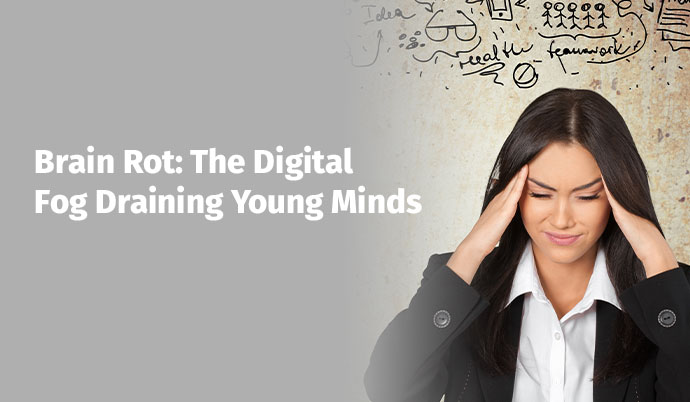
Falling sick is usually a pretty cut-and-dried process with most parents calling upon their trusted home prescriptions, i.e, haldi doodh, ajwain potlis, steam or that mystic potion (Kadha) our granny makes.
Occasionally, it may seem that the boundary between a normal cold and something that could be more serious is rather fuzzy. When is the illness of your child a mere sign of a simple cold that’s quickly on its way out? And when is it a sign of a red flag that should take us to a paediatrician?
Childhood respiratory diseases are so prevalent in India. Based on data from the National Health Mission (NHM) and UNICEF India, acute respiratory infections (ARI) are one of the leading causes of morbidity and death of children under the age of 5.
In 2020, a report showed that around 17% of young children experience the symptoms of ARI (Acute Respiratory Infections) every year, with most of the cases remaining unreported or out of treatment till the complications of the disease manifest. That is a chilling fact, and hence awareness is all the more significant.
The majority of the colds get triggered by a virus and will pass at their own pace, in 5 to 7 days. Such symptoms as a:
These symptoms are expected and can be managed at home. The issues, however, occur when they continue over a longer period of time, get suddenly worse, or when they are combined with other forms of worrying indications.
Children are likely to develop complications (such as pneumonia, bronchitis, sinusitis, or even tuberculosis) easily in case they are not followed closely within the dangerously populated and polluted Indian cities and surroundings.
Duration and intensity of fever are one of the main things that have to be monitored. A fever that lasts over three days, rises above 102 degrees, or turns on and off, is enough to call the baby to a paediatrician. Very young babies with fevers which are particularly those below three months of age, need to be considered urgent.
In contrast to adults, the immune system of children is still in developmental stages, and in case of persistent fever, there may be some infection behind it that should be addressed as quickly as possible.
Another significant red flag is breathing difficulty. When you realise that your child has increased breathing or sniffs his or her nose, you need to seek medical assistance as soon as possible. These signs can be an indication of pneumonia or asthma, which have to be treated as soon as possible.
In India, where the air pollution level in various metros has been at an alarming rate, cases of paediatric asthma have reportedly been increasing alarmingly. Based on a report by The Lancet, more than 10% of the Indian children between the ages of 5-14 experience the symptoms of asthma, with many caused by either untreated colds and infections.
Other signs that there would be nothing wrong include:
A child who does not consume anything, spends excessive amounts of time in sleep, is very cranky, or just is not himself/herself for too long (more than a couple of days) should be assessed.
In some cases, these changes of behaviour may be the only symptoms of a severe infection developing inside. We can also not forget about dehydration, which is an insidious, though severe complication. When your child develops dry lips, sunken eyes, fewer urine production, and fails to drink fluids, especially in cases of fever or diarrhoea, it could be an emergency.
The second case regarding the Indian problem is self-medication. Though the counter syrups and antibiotics are readily available at the nearest chemist, self-administration may hurt as they help. There is a misuse of antibiotics, particularly in treating certain viral diseases such as the common cold, which has opened up a threat to the issue of antimicrobial resistance that is on the increase in India.
How then Do You Consult a Paediatrician?
If you are not sure, look it up. When your maternal sense tells you it does not feel right, it does not feel normal, then it is not. Though simple colds can be treated at home with rest, fluids to keep us hydrated, and taking care not to stress ourselves, medical attention should not be delayed when it appears the condition is taking too long, worsening, or following a different pattern. It is important to treat it early to avoid complications and to simplify the recovery.
At Sir Ganga Ram Hospital, paediatrics is not only a facility but a pledge. The Department of Paediatrics and Neonatology has a reputation for providing specialised and kind care to young children, adolescents and also to the infants. The hospital provides the entire niche of services at a single location at levels of routine check-ups, as well as to critical care. The outstanding thing is that this approach is multi-disciplinary, that is, paediatricians + pulmonologists + experts in infectious diseases + nutritionists = 360-degree perspective of the health of your child.
Sir Ganga Ram Hospital is equipped with the latest diagnostics, NICU and PICU facilities and an emergency cell whose competencies in treating childhood diseases are first-rate, and their approach to the issue is human. Whether you are plagued with a never-ending cold or more severe cases of respiratory disorders, the healthcare facility will promptly intervene in a timely manner that can make all the difference. And, in case of any doubt, rest in the hands of the professionals, who not only know medicine, but also know the language of childhood.
Childhood diseases are something which is inseparable from growing up; however, it is essential to know when to be worried and when not so much, in order to have healthy and strong children. The adverse conditions that prevail in India, the weather, pollution, and the congested living conditions, can leave the kids more susceptible; however, through more informed parenting to keep the faltering paediatric disease far, and good paediatrics, we can even cover the distance there is between a common cough and a crisis. That is why have your thermometer at hand, but your doctor even closer at hand and number and above all be at the cue of your child. Since an attentive parent is the best defence for any child. Hence, for proper diagnostic care and treatment, book an appointment at Sir Ganga Ram Hospital today.




